When someone keeps their distance from family, it’s easy to assume they’re cold or indifferent, but that’s usually not true.
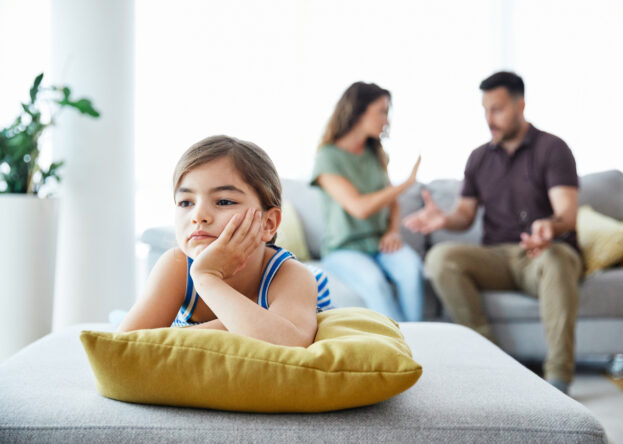
More likely, it’s rooted in experiences that shaped their emotional wiring early on. In the end, they realised that they needed to step away from an unhealthy dynamic for the sake of their own mental, emotional, and maybe even physical health. While everyone has their own reasons for becoming estranged from their family, these are the common childhood dynamics that leave people feeling safer keeping space rather than staying close.
1. They were constantly walking on eggshells.

Growing up around unpredictable moods or emotional outbursts teaches a person to prioritise safety over connection. They learn that saying the wrong thing or showing the wrong feeling could lead to tension—or worse, punishment. So as adults, they instinctively keep their guard up. Limiting contact isn’t always about resentment. It’s about preserving their peace. After years of tiptoeing, silence can feel like freedom.
2. They were made to feel like the “difficult” one.
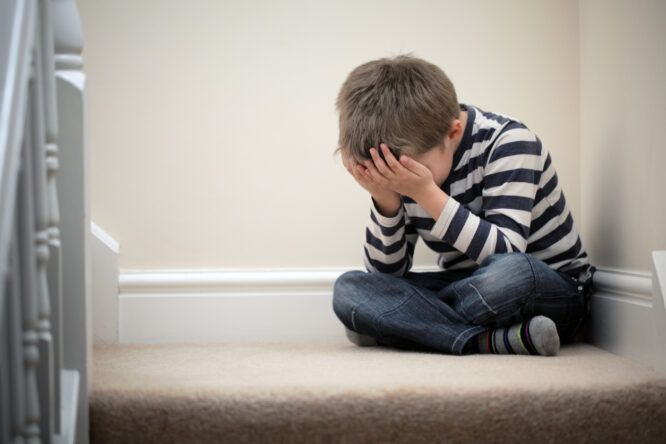
When a child is constantly labelled as dramatic, overreactive, or the problem child, they often internalise the belief that they don’t belong. They stop trying to connect because they expect criticism instead of care. As adults, they keep communication minimal not to punish anyone, but to protect themselves from being misunderstood all over again. Distance becomes a shield against old patterns that never seemed to change.
3. Their emotional needs were minimised or ignored.

Some kids grow up learning that their feelings are inconvenient or too much. When they were sad, they were told to cheer up. When they were angry, they were shut down. That emotional neglect teaches silence. Later in life, they may struggle to open up—not because they don’t feel things, but because they were taught early on that vulnerability has no safe place in their family. Withdrawing feels safer than trying again and being dismissed.
4. They were expected to be the “fixer.”
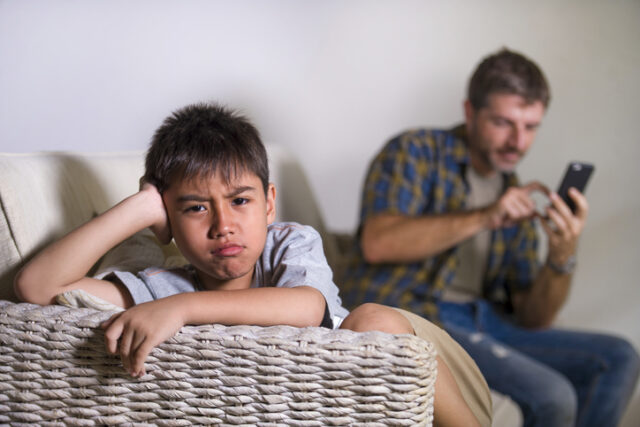
Some children were pulled into adult problems way too early. They were the peacemaker, the emotional support, the one who held everyone else together. That kind of pressure doesn’t just go away. In adulthood, staying close to family often means slipping back into that exhausting role. To avoid being drained or overwhelmed, they pull back. It’s not because they don’t care, but because they’ve carried more than their share for far too long.
5. They were punished for having boundaries.

Kids who tried to say “no,” express needs, or carve out space were often met with guilt, punishment, or emotional withdrawal. So they stopped pushing back, at least on the surface. However, that early experience teaches them that closeness comes at the cost of autonomy. As adults, they create space not to be rebellious, but to finally have room to breathe without being guilt-tripped into submission.
6. They grew up around conditional love.

If love, affection, or approval were only given when they behaved a certain way or met unrealistic expectations, they learned to question whether family affection was ever truly safe. Now, they may avoid closeness because it feels like a contract instead of connection. If love came with strings, emotional distance becomes their way of saying, “I won’t keep paying to belong.”
7. They were taught to prioritise the family’s image over their reality.

When kids are told not to talk about what happens at home or to smile through dysfunction, they learn that appearances matter more than truth. That breeds deep internal conflict. As adults, they may distance themselves not to hurt their family, but because pretending for the sake of other people cost them their own authenticity. Keeping space helps them feel real again.
8. They weren’t allowed to express disagreement.
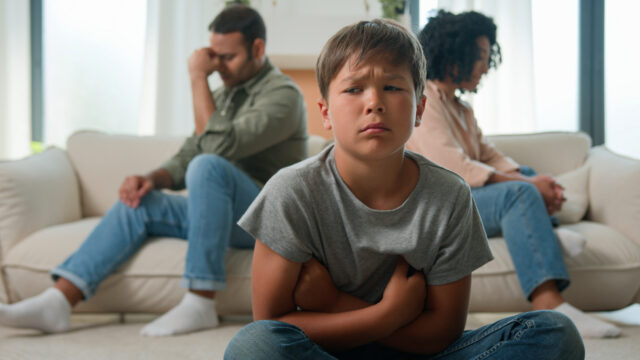
In homes where differing opinions were treated as disobedience or disrespect, children learned to stay quiet or conform. Their voice didn’t matter—only agreement did. As a result, later in life, even small conversations with family can feel loaded. If expressing a different view still sparks tension or defensiveness, emotional distance feels like the only way to keep their truth intact.
9. They were blamed for other people’s emotions.
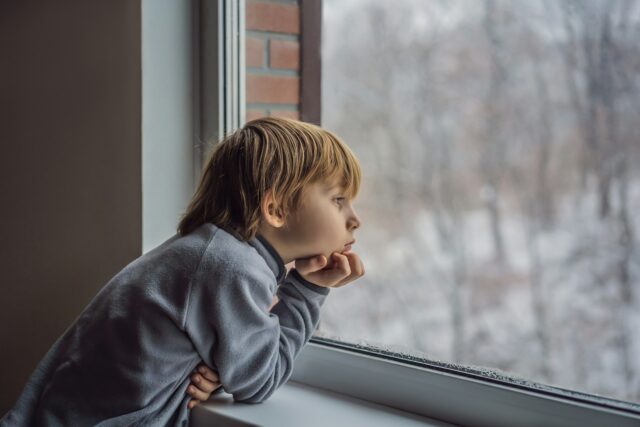
Children who were told “you made me upset” or “you’re the reason things are hard” often internalise a dangerous belief that their existence causes pain. They grow up feeling like a burden. That guilt stays with them. Reaching out to family can trigger waves of shame, even when nothing’s been said. So instead, they retreat quietly, trying to stop the cycle by stepping away entirely.
10. They were the family scapegoat.

In some families, one child ends up carrying the blame for everything that goes wrong, whether it’s fair or not. That child becomes the emotional dumping ground, often just for being different or not playing along. As adults, they rarely feel safe reconnecting. They expect to be misunderstood, attacked, or excluded again. Pulling away becomes less about bitterness and more about finally refusing to carry what was never theirs.
11. They experienced quiet emotional abandonment.
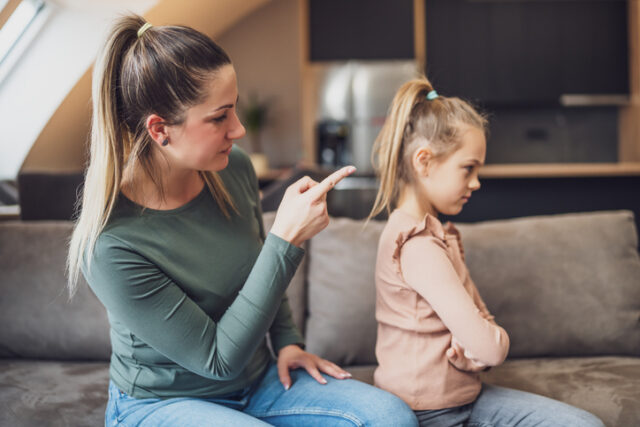
No one yelled. No one left. But no one really showed up, either. Their emotions weren’t seen, their milestones weren’t celebrated, and their pain was met with indifference. That kind of subtle abandonment can feel confusing, but it leaves a lasting mark. As adults, they may struggle to stay in touch simply because there was never much emotional connection to begin with. The ties were paper-thin, and they finally stopped pretending they weren’t.
12. They had to grow up too quickly.

Whether due to financial stress, absent parents, or household chaos, they were forced to be mature before they were ready. They became independent early, but it came with a cost. Now, emotional independence feels like a default. Reaching out or leaning on family feels foreign, or even unsafe. So, they keep to themselves, not because they don’t want support, but because they never learned how to ask for it.
13. They experienced emotional enmeshment.

Some children weren’t allowed to have separate emotions or lives. Their wins, pain, and choices were treated as extensions of the family, not their own. That lack of separation creates long-term burnout. As adults, distance becomes a survival tool. They create emotional and physical space not to be cold, but to reclaim their own identity. Space feels like the only way to breathe without being pulled under.
14. They were shamed for being sensitive or expressive.
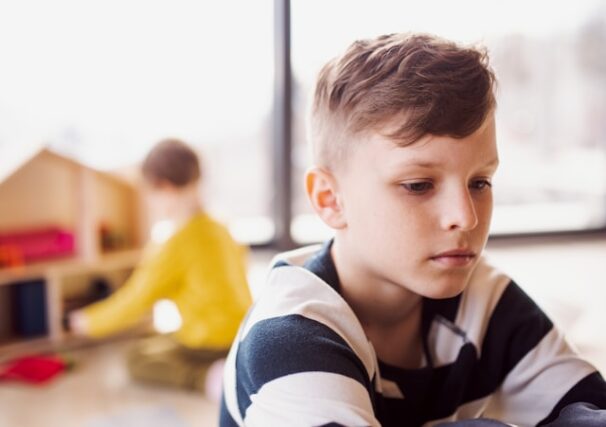
If they cried too much, talked too openly, or felt things deeply, they were mocked or scolded for it. Their emotional world was treated as wrong, weak, or excessive. As time went on, they learned to hide. Now, even when they want connection, it’s hard to feel safe expressing anything real. Silence feels safer than risking the shame they grew up around.
15. They were gaslit about their own experiences.

When they tried to bring up hurt, they were told it didn’t happen, that they were exaggerating, or that they were too sensitive. It left them questioning their own memories. In adulthood, communication often feels futile. Why talk, if nothing is acknowledged? They withdraw not because they want to erase the past, but because continuing to engage means reopening wounds that were never allowed to exist in the first place.
16. They were never truly allowed to be themselves.

Whether it was their personality, identity, interests, or beliefs—something about them was always “too much” or “not enough” for the family to accept. So they masked, adapted, or shrank. Eventually, they realised they were more themselves outside of family spaces than within them. That’s not rejection; that’s survival. And choosing peace over performance is one of the bravest forms of healing there is.




